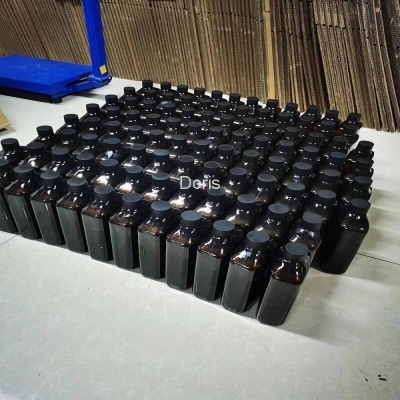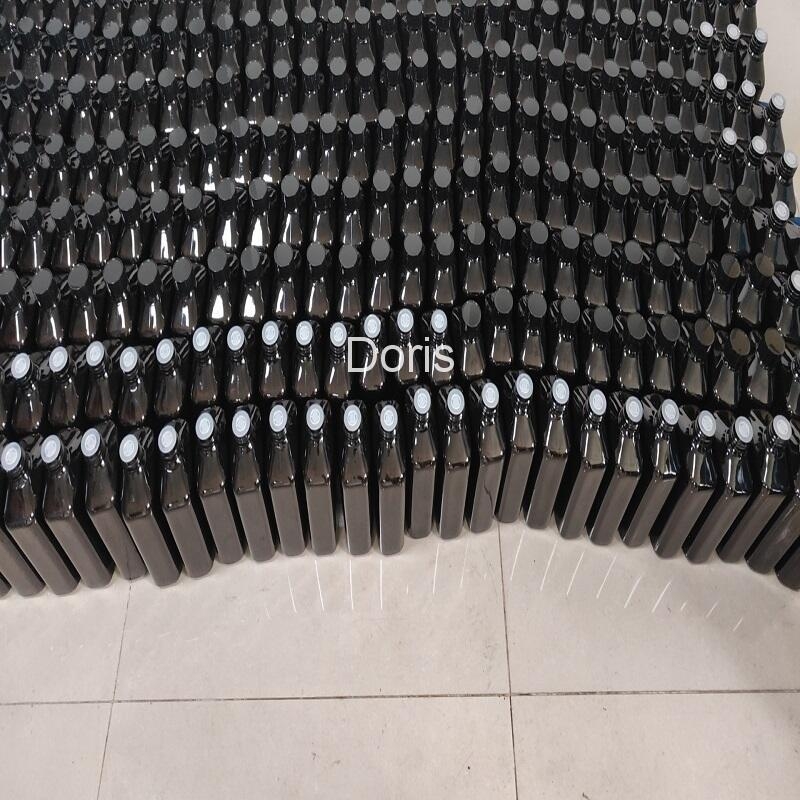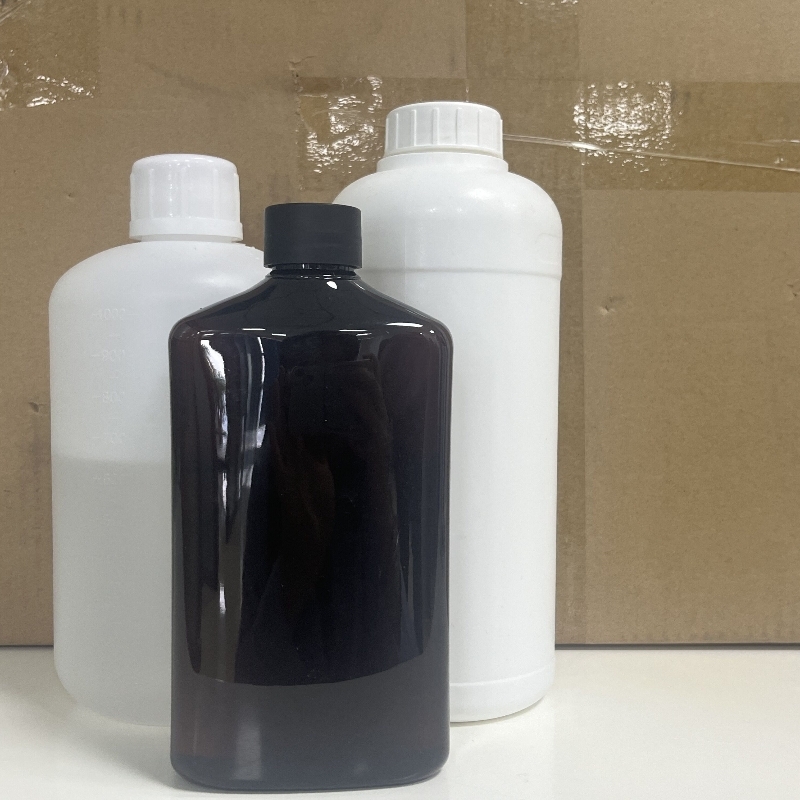-
Categories
-
Pharmaceutical Intermediates
-
Active Pharmaceutical Ingredients
-
Food Additives
- Industrial Coatings
- Agrochemicals
- Dyes and Pigments
- Surfactant
- Flavors and Fragrances
- Chemical Reagents
- Catalyst and Auxiliary
- Natural Products
- Inorganic Chemistry
-
Organic Chemistry
-
Biochemical Engineering
- Analytical Chemistry
- Cosmetic Ingredient
-
Pharmaceutical Intermediates
Promotion
ECHEMI Mall
Wholesale
Weekly Price
Exhibition
News
-
Trade Service
On March 30, the Fujian Provincial Medical Insurance Bureau issued a notice to announce the list of the second batch of medical insurance key monitored drugs in Fujian Province.
Fujian is the vane of the national medical reform.
In July 2019, the National Health Commission announced the first batch of national key monitoring catalogs (chemical drugs and biological products), which had an impact on 176 companies and a 50 billion market.
The announcement of the second batch of key monitoring catalogues in Fujian Province is bound to trigger follow-up by other provinces and cities, and even by the National Health Commission.
According to data from Minai.
Although at the macro level, the policy trend of the state to encourage the development of Chinese medicine has not changed, proprietary Chinese medicines are always detained as “adjuvant drugs” and “unclear clinical efficacy”.
The sales myth is shattered
The performance of a variety of blockbuster varieties has declined
Although the efficacy of Chinese medicine in the epidemic is amazing, the Chinese patent medicine market has quietly changed in the past two years.
According to Tasly's 2019 annual report, the sales volume of its core product, compound Danshen dripping pills, was 120 million boxes, a year-on-year decrease of 13.
The Health Bureau noted that in addition to the compound Danshen dripping pills, the top 2 to 5 products of Tasly's sales are: Yangxue Qingnao Granules, Yangxue Qingnao Pills, Yiqi Fumai for injection, and Shuilinjia.
At the same time, Buchang Pharmaceuticals almost faced the same "troubles.
Among the three Chinese patent medicines that have been included in the key monitoring by Fujian this time, the only one whose sales volume has maintained positive growth is Kang Enbei's Musk Tongxin Dropping Pills.
However, being alone does not make Conbe happy.
It should be understood that the above three proprietary Chinese medicine products that have been included in the key monitoring have all created the "myth" of Chinese medicine, relying on their own strength to support the high sales revenue of the company for years.
Since its listing in China in 1994, the sales volume of compound Danshen dripping pills has been rising, and the revenue has exceeded 1 billion yuan for many years.
In 1998, Tasly Group sent a compound Danshen dripping pill that specializes in coronary heart disease and angina pectoris to the US FDA for review.
In 2013, it announced that it entered clinical phase III.
Once successful, the compound Danshen dripping pill will become the first Chinese patent medicine formally approved for listing in the United States and become a "model" for the Chinese pharmaceutical industry.
The Naoxintong capsule was invented by Zhao Buchang, the founder of Buchang Pharmaceutical, and was put on the market in 1993.
It is Buchang Pharmaceutical's first exclusive patented drug product.
The drug is not only included in the "National Medical Insurance List", but also included in the "National Essential Drug List".
In 2001, Naoxintong Capsules achieved a sales target of 300 million yuan, and it is still one of the five star products of Buchang Pharmaceuticals today.
With the disillusionment of the "myth" in the sale of blockbuster varieties, Chinese patent medicines will face the fate of accelerated elimination if they fail to prove their clinical effectiveness.
As a matter of fact, it is reasonable for various medical institutions to aggressively perform operations on proprietary Chinese medicines with unknown curative effects under the key monitoring and evaluation system.
Hospitals take the initiative to eliminate proprietary Chinese medicines
Centralized procurement of medicines "only bargain price, no quantity"
One and a half years later, Fujian Province has issued the "second batch" of the list of key monitored drugs, and it is just after the senior leaders inspected the medical reform work in Sanming, Fujian.
The implication is self-evident.
"Key monitoring" is one of the innovative measures launched in Fujian's medical reform.
On April 20, 2012, 129 drugs with product regulations in Sanming City, Fujian Province were listed as the first batch of "Key Follow-up Monitoring Catalog", which kicked off the prelude to key monitoring.
Starting from about 2016, key monitoring policies have been imitated by provinces such as Anhui and Henan as one of the important means of controlling drug costs.
As long as the dosage of drugs is too large or abnormal, they will be included in the scope of key monitoring.
.
After the National Health Commission launched the first batch of key monitored drugs in 2019, all 20 drugs in the catalog were subsequently removed from the medical insurance catalog.
This is the most powerful "image display" since the implementation of the "key monitoring policy".
Therefore, the industry has been anxious and worried that the second batch of national key monitoring will include its own star products.
In particular, there are no Chinese medicines in the first batch of 20 key monitored varieties, so it is a certainty that Chinese patent medicines will be included in the second batch.
A large number of medical institutions have gradually abandoned proprietary Chinese medicines.
Since 2017, Shandong Qianfoshan Hospital, Jinshan Branch of Shanghai Sixth People's Hospital, Second Xiangya Hospital of Central South University, West China Hospital of Sichuan and many other well-known hospitals have issued notices explicitly rejecting Chinese medicines, Chinese medicine injections, and auxiliary medicines.
.
It is not just the "key monitoring knife" that is welcoming proprietary Chinese medicines.
What's worse is that in July 2019, the National Medical Insurance Bureau revealed that it will launch centralized procurement of insulin, biosimilars and proprietary Chinese medicines.
It is foreseeable that related products will suffer price shocks in the future, and the good days of proprietary Chinese medicines are coming to an end.
According to the official website of the National Medical Insurance Administration, the centralized procurement of Chinese patent medicines has been successively carried out in Qinghai Province, Jinhua City in Zhejiang Province, and Puyang City in Henan Province.
Among them, the centralized collection of Chinese patent medicines in Qinghai Province adopts the "price-free network" plan for Shenkang, Xiyanping, Tanreqing, Xueshuantong and other Chinese medicine injections.
The National Medical Insurance Bureau recommends that medical institutions “do not treat Chinese patent medicines in The medical institution’s equipment and use policies are subject to mandatory constraints.
”
This means that in the future, when Chinese patent medicines enter the national centralized procurement, they can enter the mode of "just bargaining without volume", and the nearly 100 billion Chinese patent medicine market will face shrinking.
The elimination process of "magic medicine" will be further accelerated.







